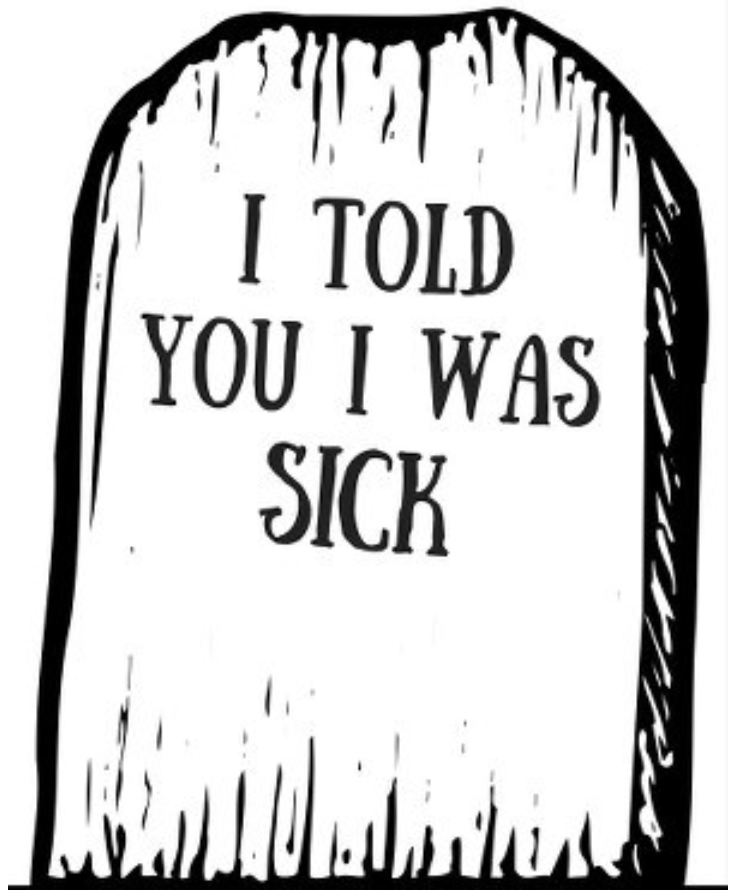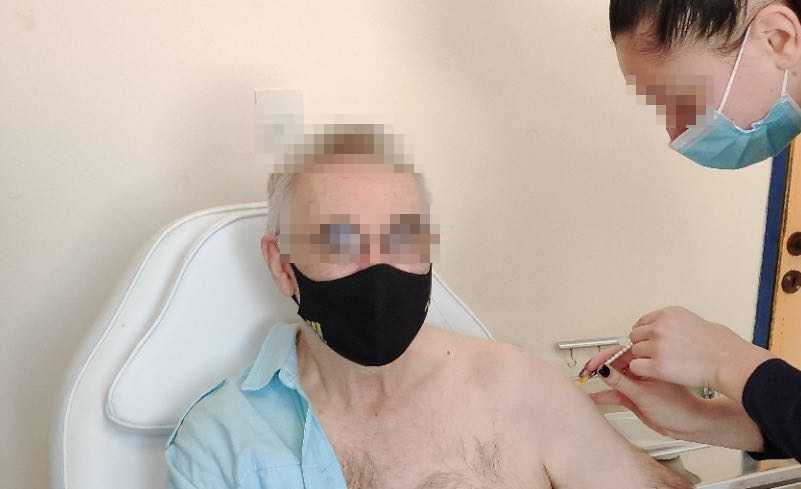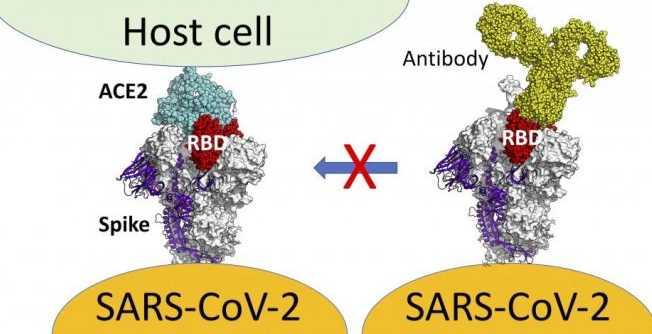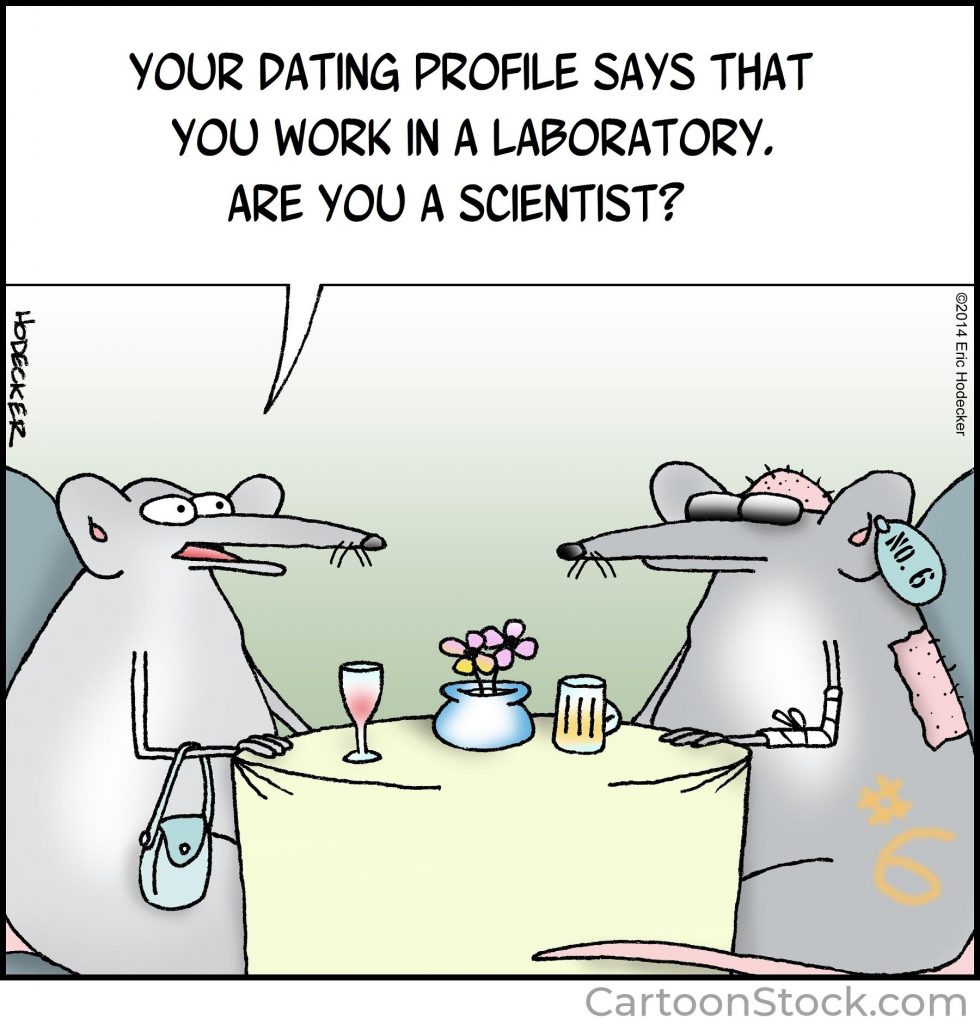Yesterday (Friday) I was given my first dose of the Pfizer/Biontech vaccine against Covid-19. Not currently being in my native Britain and so not having access to the UK’s National Health Service, I feel lucky and grateful to have been offered a vaccine in a country in which I am only a visitor. To get it, I had to make an appointment (which I could do online) as soon as my age group became eligible. Then I was sent a barcoded message and an SMS confirming the time and place of my appointment and weekly SMS reminders. Yesterday morning I had a phone call reminding me once again.

As I made the 15 minute car journey to the local medical centre, I was feeling a mixture of excitement and nervousness. I am, at the best of times, a hypochondriac, so visions of anaphylactic shock, of days of flu like symptoms and fatigue jostled for my mind’s attention. On the other hand, there was a very good chance (well over 90%) that within two to three weeks I will be free from the fear of contracting this disease, and that when, for instance, travel is once again practical, I can get on a plane without judging any fellow passenger (or myself) who lowers their face mask in order to sip their coffee as a potential murderer.

I arrived at the health centre in good time and joined about four others waiting. Within ten minutes I was seen by an assistant who went through the inevitable paperwork. Strangely, nobody scanned the very clever bar code they had sent me which might have given them all the information which they then asked for and duly recorded in longhand. Another short wait and I was ushered in to see a doctor. He had more questions about my health record and once that was completed, it was time for the ‘jab’. It was not apparently practical to ‘roll up my sleeve’ so off came most of my shirt. As I have been losing weight lately (6 kilos in 4 months!), that was less traumatic than it might have been.
A quick cautionary chat about possible side effects then followed with the advice that if I experienced any other medical condition in the days following the vaccination, I should consult a doctor immediately. And then I was asked to stay in the waiting area for 15 minutes to ensure I would suffer no anaphylactic shock. And then the drive home.
I have spent the past 24 hours awaiting flu symptoms or fatigue, but to no avail. What I do have is a sore upper left arm which started within minutes of the injection. I am assured that this is quite ‘normal’. Which all sounds like a very inconsequential experience, except that I have to say that the subjective experience of the inoculation has led me in surprising directions.
As you will have gathered, I do understand much of the theory of mRNA vaccines. I have a passing understanding of the processes which led up to my being injected with the vaccine, and some understanding of the research and regulation of the vaccine. Asked last Summer while clinical trials were ongoing if I intended to ‘take the jab’, I responded that once scientists had an explanation for the most common side effects, I would willingly participate. Now nursing a sore left arm, I recalled those conversations and wondered what was actually happening inside my body in that moment.
In a traditional vaccine, the body is injected directly with an antigen which has been made to some degree less harmful – in Edward Jenner’s experiments, active cowpox virus which is less harmful to humans than smallpox virus but shares enough characteristics so that the body’s defence mechanisms against cowpox also work effectively against smallpox. This can also be because it is incomplete and missing some component it needs to become dangerous, or it may be through a process of deliberate weakening of the antigen called ‘attenuation’.
The new generation of mRNA vaccines work quite differently by injecting an instruction in the form of modified virus genetic code material to cause our own bodies to manufacture one part of the virus, in this case a protein on its coating called ‘Spike’. On its own, that protein cannot cause infection, but our body’s immune system mounts a defence against it and creates antibodies that can largely block future challenge by the complete virus, at least for a time.

So I have to dig deeper to access an extended sense of trust. A traditional vaccine injects an antigen, and my body reacts by producing an antibody. But right now, my body is working away as a factory producing the antigen. I have been injected with information to produce an antigen, thereby adding two steps to the traditional process: an information transcription process and a manufacturing process. And after more than 200 years of ‘modern’ vaccination science to support my trust in traditional vaccination, I am choosing to participate in a global experiment where these processes are being tested inside my body.
Which is fine by me.
But I can understand where the fears arise, and the vast potential for misunderstanding. Crucially I say that I am choosing to participate in this experiment. It is vitally important that scientists and politicians do not pretend that this is a proven process. We (the vaccinated) are part of the experiment. The scientific process requires for hypotheses to be tested against data. In that light, humanity is currently part of a huge scientific experiment. To pretend otherwise is a disservice to science and to humanity at large and is the difference between us all feeling like participants in an extraordinary scientific story and being mere lab rats.

System One and System Two – How our minds process all this misinformation information
Great cartoon. Had me laughing out loud!